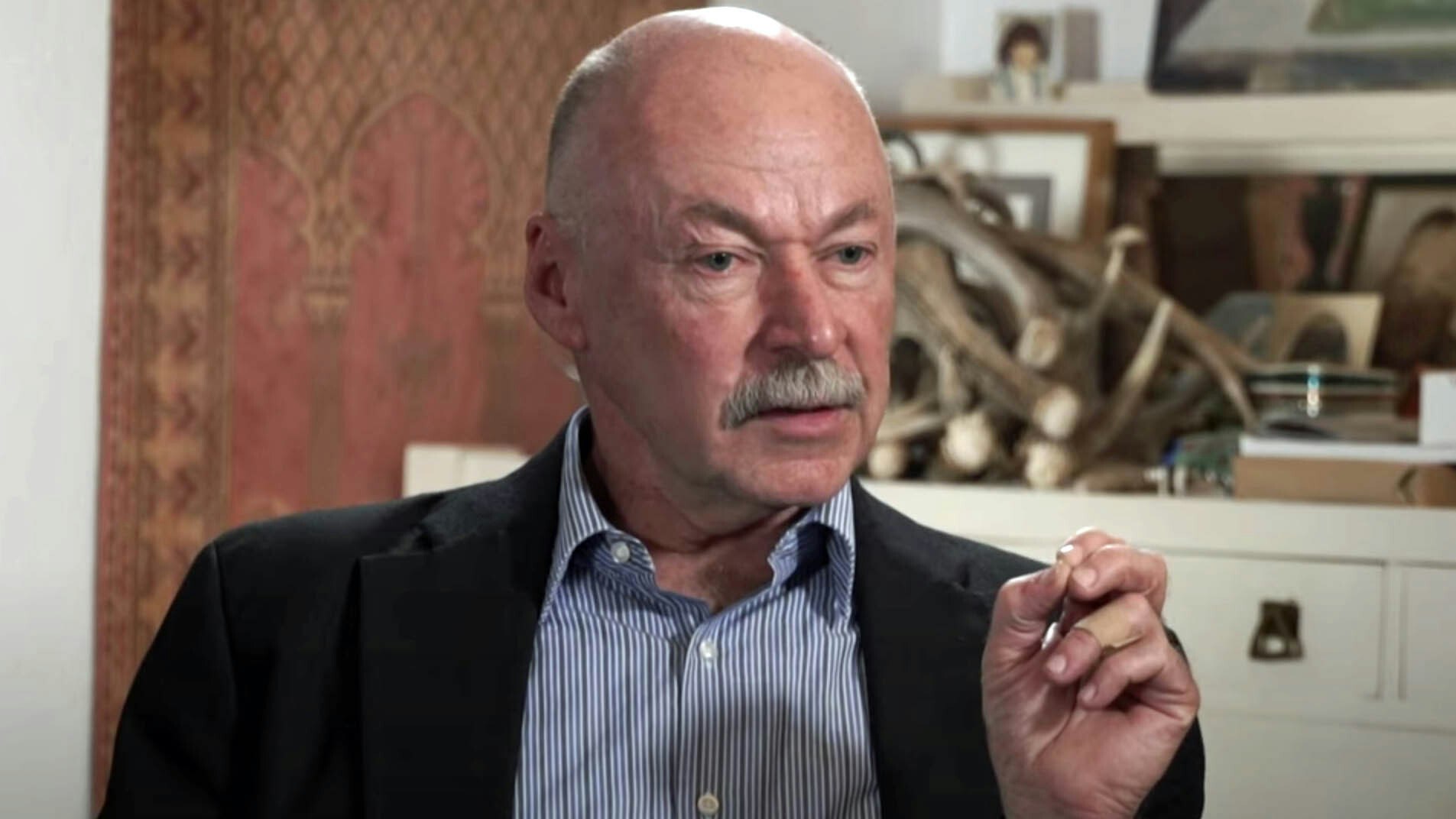Wyoming’s savings and federal relief funding combined might not be enough to save the state from economic damage left in the wake of COVID-19, state legislators said.
A fiscal analysis sent to legislators on April 10 by the Legislative Service Office (LSO), the agency tasked with providing administrative services for the Legislature, predicted the novel coronavirus would take a heavy toll on state revenue.
“It is showing really huge impacts,” said Sen. Cale Case, R-Lander. “Even the optimistic outlook has terrible impacts.”
The analysis offered three scenarios — optimistic, intermediate and pessimistic — in which the state’s revenue could fall from current projections by $555.8 million to almost $2.8 billion by the end of fiscal 2022.
Case, an economist and Senate Revenue Committee chairman, said the decline is driven by the pandemic, but an “oil war” between Russia and Saudi Arabia also caused significant damage to revenue projections.
“When we had forecasts late last fall, the saving grace in those predictions was oil offsetting the loss of revenue,” Case said. “This new analysis is saying this could be worse than our worst year since 1980.”
In the case of the analysis’ pessimistic outlook, Wyoming’s rainy day fund, the Legislative Stabilization Reserve Account, of $1.6 billion wouldn’t keep the state afloat for more than six months, Case said.
“At the very basic level, we don’t have enough revenues to run state government,” he added. “We don’t even have enough revenues to run state government even if we cut it by a lot, and I mean a lot.”
While the analysis admits the projections are “informed guesses,” Case and Senate Appropriations Committee Chairman Sen. Eli Bebout, R-Riverton, said they felt it was accurate.
“I’ve got a lot of confidence in our LSO staff,” Bebout said. “I think the three scenarios (the LSO) laid out are fairly realistic.”
The optimistic viewpoint indicates Wyoming might only lose about $555.8 million in revenue if businesses reopen immediately and sales return to normal, but Bebout said the intermediate outlook — a loss of about $1.76 billion over the next three years — was far more likely
“I don’t think we’ll ever have business as usual quite like it was before this happened,” he explained. “I think we’ll see some long-term effects, but we’re going to figure it out.”
Part of the solution could be $1.25 billion in federal aid as a result of the Coronavirus Aid, Relief and Economic Security (CARES) Act, which Bebout said Wyoming started receiving Friday.
But, the relief cannot be spent as a direct replacement of state revenue.
“There’s all sorts of strings tied to that money,” Bebout said. “We don’t know what they are for sure yet.”
A special session could be needed to determine how the money could be used and would be the first step of Bebout’s three-pronged approach to the pandemic’s economic impacts.
His second step would be to look at the budget Wyoming Legislature approved a few weeks ago to determine if the state’s proposed spending is still feasible in a post-pandemic economy.
“Lastly, we need to try get business back to normal as best we can, continuing our conservative fiscal responsibility and try not to get in debt,” Bebout said. “We can’t cut our way into this issue, but we sure as heck can’t spend our way into it, either.”
Following a Wyoming Management Council meeting Thursday, Case said legislative special sessions could be on the horizon in the next couple months.
“(The council) approved the interim topics that still need to be addressed and were important to Wyoming even before COVID-19 hit,” he said. “And they also agreed to work on some preliminary bills for introduction in a special session, regarding COVID-19.”
Bebout said the council meeting reinforced the need to not only address the pandemic challenges, but also the issues at hand prior to COVID-19.
“We’re going to continue with our normal work load — that’s really important.,” he explained.
“Second of all is a willingness by the Management Council to work with the governor to deal with these issues that are top of the list and do it together.”





